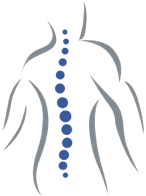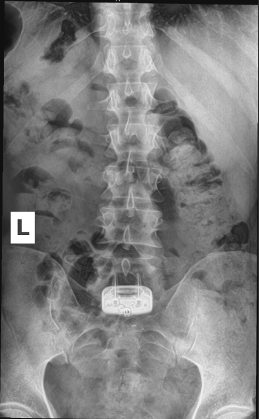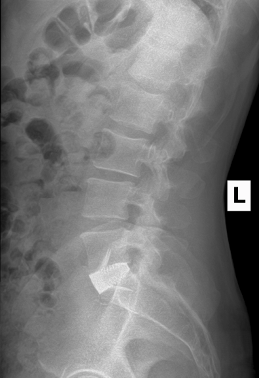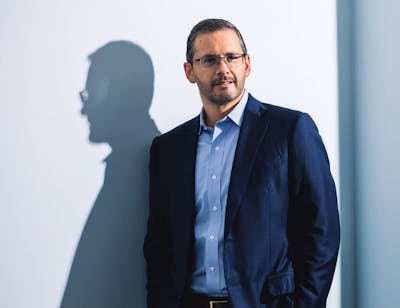When it comes to Anterior Lumbar Interbody Fusion, New Jersey spine surgeon, Dr. Joshua Rovner, understands what a life-changing procedure it can be. Living with chronic pain can be debilitating and at Progressive Spine & Orthopaedics, we can help you achieve a wider range of motion while permanently relieving pain.
Benefits of ALIF
ALIF provides a number of benefits for patients who suffer from unresolved back pain. Benefits include the following:
- ALIF is typically is associated with less pain
- Includes a faster recovery than spinal fusion surgery performed from the back of the spine
- Allows placement of a much larger cage than other types of spinal fusion
- Provides more stability
- Allows better correction of spinal deformity or imbalance
- May have better long term outcomes in terms of pain, quality of life, and complications









